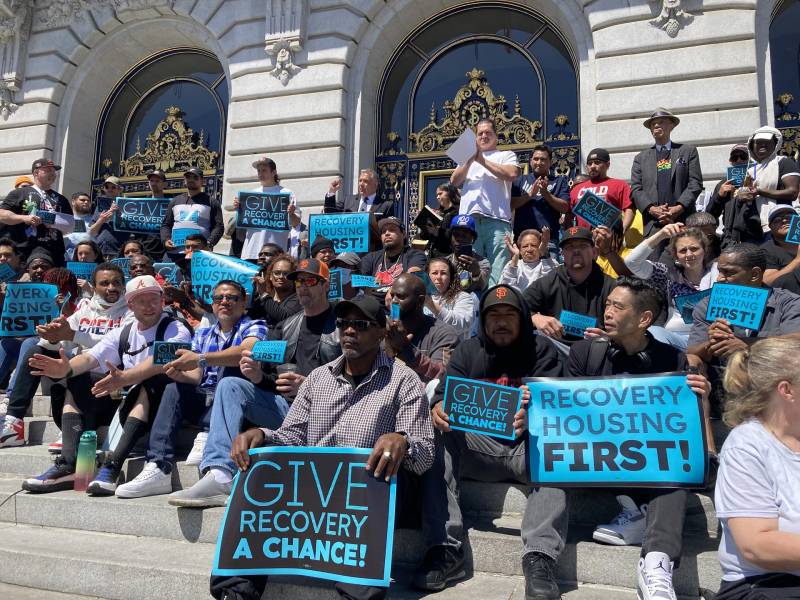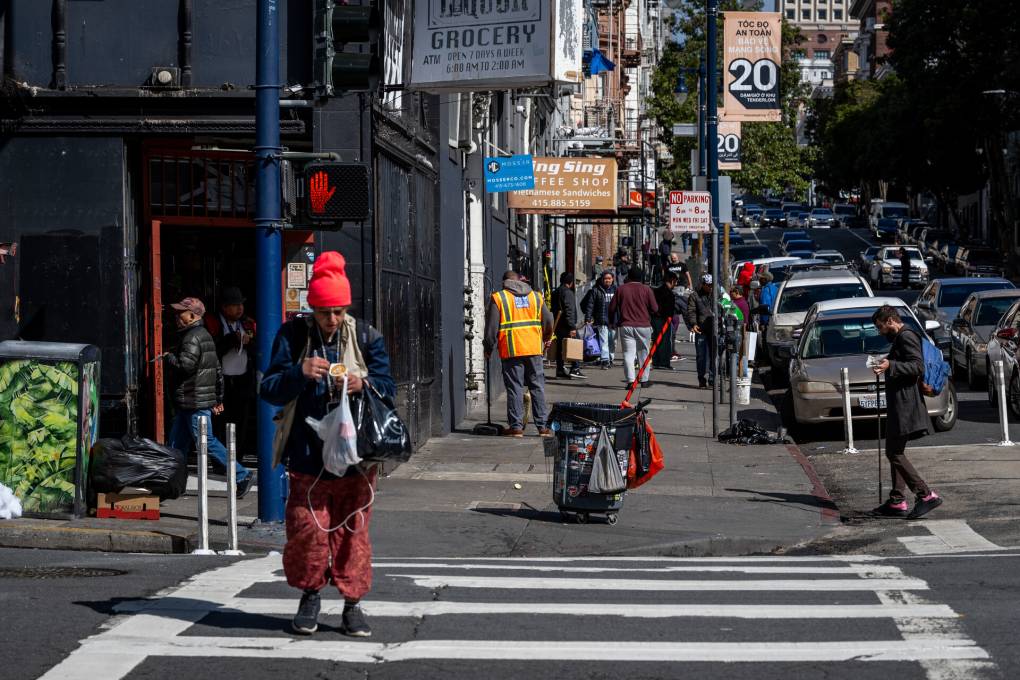A pair of San Francisco lawmakers on Monday outlined their plans to require the city to create more drug-free recovery housing in its push to house the unhoused population, building on a growing movement toward establishing sober housing for people trying to exit homelessness while struggling with addiction.
The legislation that San Francisco Supervisors Matt Dorsey and Rafael Mandelman plan to introduce Tuesday acknowledges that some permanent supportive housing projects are legally restricted to “drug-permissive,” harm-reduction approaches, which means they are required to accept applicants regardless of their sobriety and cannot evict residents solely for the use of illicit drugs.
Any unrestricted funding, however, would be required to go toward drug-free or “recovery-oriented” housing until at least 25% of units in the city’s broader initiative to provide permanent housing for the homeless population are drug-free.


